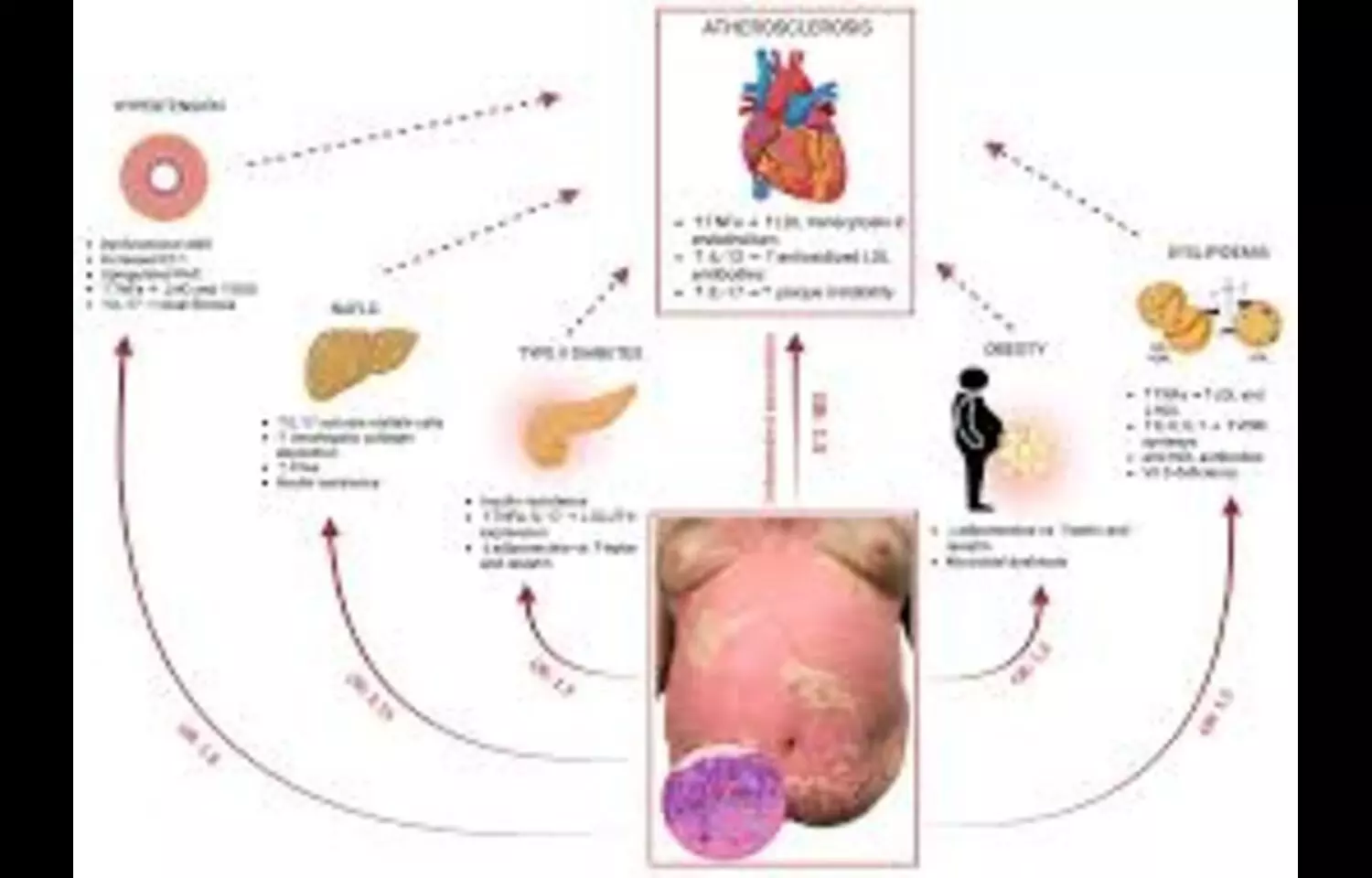Psoriasis Treatments Show No Impact on Blood Glucose Levels: Study
- byDoctor News Daily Team
- 16 September, 2025
- 0 Comments
- 0 Mins

A new study published inDermatologyjust put to rest the idea that biologics or methotrexate might double as anti-diabetes medications for people with psoriasis. Researchers tracked HbA1c levels in 386 psoriasis patients over the course of a year—those treated with TNF-α inhibitors (like adalimumab and infliximab), IL-17 inhibitors (brodalumab, ixekizumab, secukinumab), IL-12/23 inhibitor (ustekinumab), IL-23 inhibitors (guselkumab, risankizumab), and methotrexate. Across all treatment groups, HbA1c values stayed essentially unchanged. A tiny increase seen with secukinumab was deemed not clinically significant. Even when the analysis focused only on patients with higher initial HbA1c (36–47 mmol/mol), treatment had zero impact. Why does this matter? People with psoriasis generally run a higher risk of developing type-2 diabetes—likely tied to chronic inflammation. It’s tempting to hope that anti-inflammatory biologics or methotrexate could pull double duty by improving glucose metabolism. But this study’s data suggest otherwise: these effective skin-clearing treatments don’t seem to nudge blood sugar. That doesn’t mean biologics aren’t valuable—they still work wonders for managing skin symptoms and overall inflammation. But for diabetics, or psoriasis patients concerned about long-term metabolic risks, it’s important to know these drugs don’t appear to offer glycemic protection. For clinicians, this means continuing to monitor HbA1c routinely, just like in any other patient, and pushing for proven metabolic strategies—diet, exercise, medications when needed—rather than assuming psoriasis treatment alone will move the needle. Keywords:psoriasis, biologic therapy, methotrexate, HbA1c, glucose metabolism, antidiabetic effect, Dermatology journal
Disclaimer: This website is designed for healthcare professionals and serves solely for informational purposes.
The content provided should not be interpreted as medical advice, diagnosis, treatment recommendations, prescriptions, or endorsements of specific medical practices. It is not a replacement for professional medical consultation or the expertise of a licensed healthcare provider.
Given the ever-evolving nature of medical science, we strive to keep our information accurate and up to date. However, we do not guarantee the completeness or accuracy of the content.
If you come across any inconsistencies, please reach out to us at
admin@doctornewsdaily.com.
We do not support or endorse medical opinions, treatments, or recommendations that contradict the advice of qualified healthcare professionals.
By using this website, you agree to our
Terms of Use,
Privacy Policy, and
Advertisement Policy.
For further details, please review our
Full Disclaimer.
Recent News
Ketogenic diet may protect against stress experien...
- 03 November, 2025
STORM-PE Trial: Mechanical Thrombectomy Shows Supe...
- 03 November, 2025
AIIMS INI CET January 2026 admit cards released
- 03 November, 2025
3 pharma students drown in Payyambalam beach in Ke...
- 03 November, 2025
Daily Newsletter
Get all the top stories from Blogs to keep track.


0 Comments
Post a comment
No comments yet. Be the first to comment!